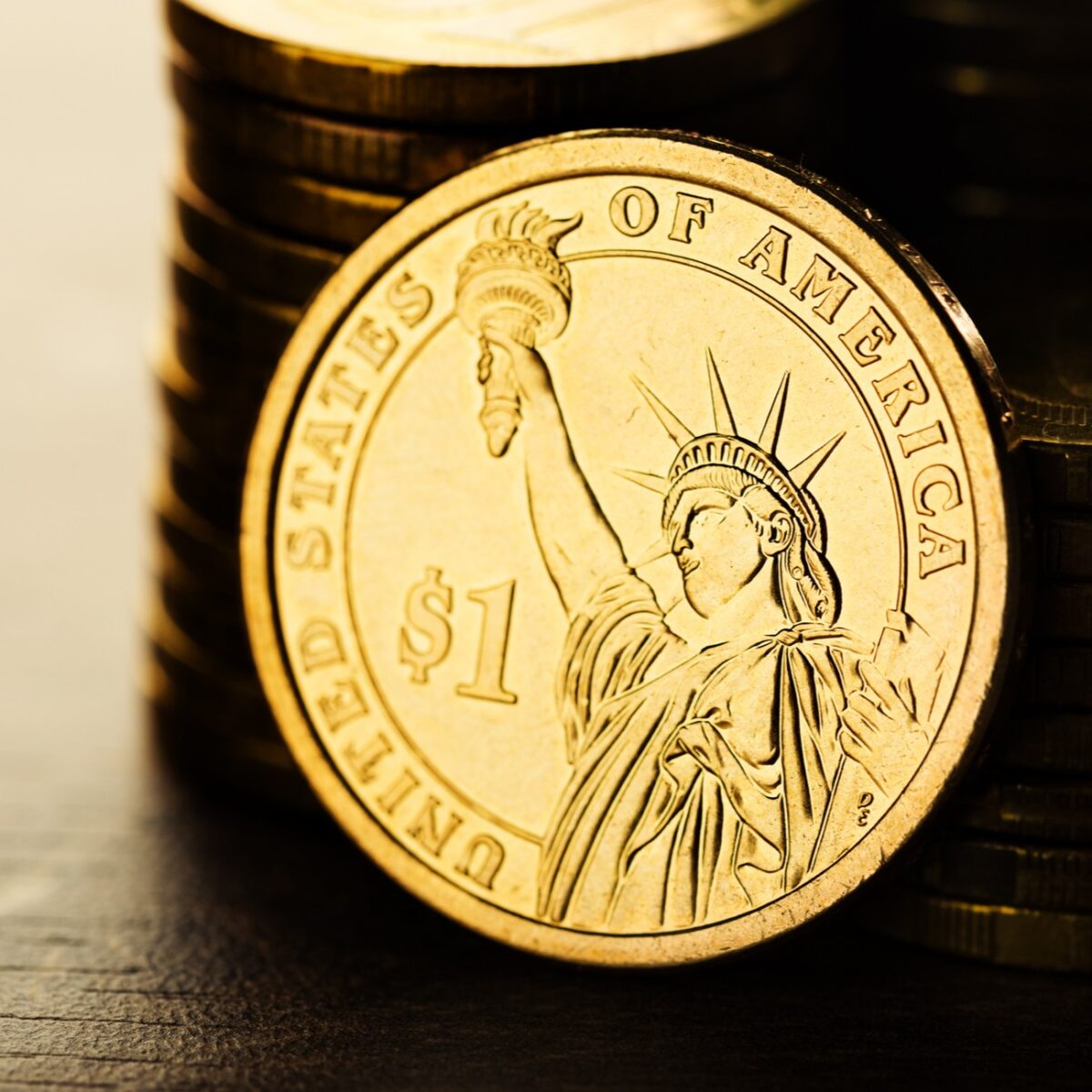PALO ALTO, Calif. (Reuters) - The Federal Reserve is taking a look at a broad variety of issues around digital payments and currencies, including policy, design and legal factors to consider around potentially issuing its own digital currency, Guv Lael Brainard said on Wednesday. Brainard's remarks https://tfsites.blob.core.windows.net/palmbeachresearchgroup2/index.html suggest more openness to the possibility of a Fed-issued digital coin than in the past." By transforming payments, digitalization has the possible to deliver higher worth and benefit at lower cost," Brainard said at a conference on payments at the Stanford Graduate School of Company.
Main banks internationally are disputing how to manage digital financing innovation Helpful hints and the dispersed ledger systems utilized by bitcoin, which guarantees near-instantaneous payment at possibly low cost. The Fed is establishing its own day-and-night real-time payments and settlement service and is currently evaluating 200 comment letters sent late in 2015 about the proposed service's style and scope, Brainard stated.
Less than two years ago Brainard told a conference in San Francisco that there is "no compelling demonstrated requirement" for such a coin. However that was before the scope of Facebook's digital currency aspirations were widely understood. fedcoin vs bitcoin Fed authorities, the fedcoin consisting of Brainard, have raised concerns about consumer defenses and data and personal privacy risks that might be postured by a currency that could enter use by the third of the world's population that have Facebook accounts.

" We are teaming up with other main banks as we advance our understanding of central bank digital currencies," she stated. With more countries looking into providing their own digital currencies, Brainard stated, that includes to "a set of factors to also be making certain that we are that frontier of both research and policy advancement." In the United States, Brainard said, issues that need research study include whether a digital currency would make the payments system much safer or simpler, and whether it could present financial stability threats, consisting of the possibility of bank runs if money can be turned "with a single swipe" into the reserve bank's digital currency.
To counter the monetary damage from America's extraordinary national lockdown, the Federal Reserve has actually taken extraordinary steps, consisting of flooding the economy with dollars and investing directly in the economy. The majority of these relocations got grudging approval even from lots of Fed doubters, as they saw this stimulus as required and something only the Fed might do.
My brand-new CEI report, "Government-Run Payment Systems Are Risky at Any Speed: The Case Versus Fedcoin and FedNow," information the threats of the Fed's present plans for its FedNow real-time payment system, and propositions for main bank-issued cryptocurrency that have been dubbed Fedcoin or the "digital dollar." In my report, I talk about concerns about personal privacy, data security, currency manipulation, and crowding out private-sector competitors and development.
Proponents of FedNow and Fedcoin say the government must develop a system for payments to deposit immediately, instead of encourage such systems in the economic sector by raising regulative barriers. But as noted in the paper, the private sector is providing an apparently limitless supply of payment technologies and digital currencies to fix the problemto the degree it is a problemof the time space in between when a payment is sent and when it is gotten in a checking account.
And the examples of private-sector innovation in this location are lots of. The Cleaning Home, a bank-held cooperative that has actually been routing interbank payments in numerous forms for more than 150 years, has been clearing real-time payments considering that 2017. By the end of 2018 it was covering half of the deposit base in the U.S.